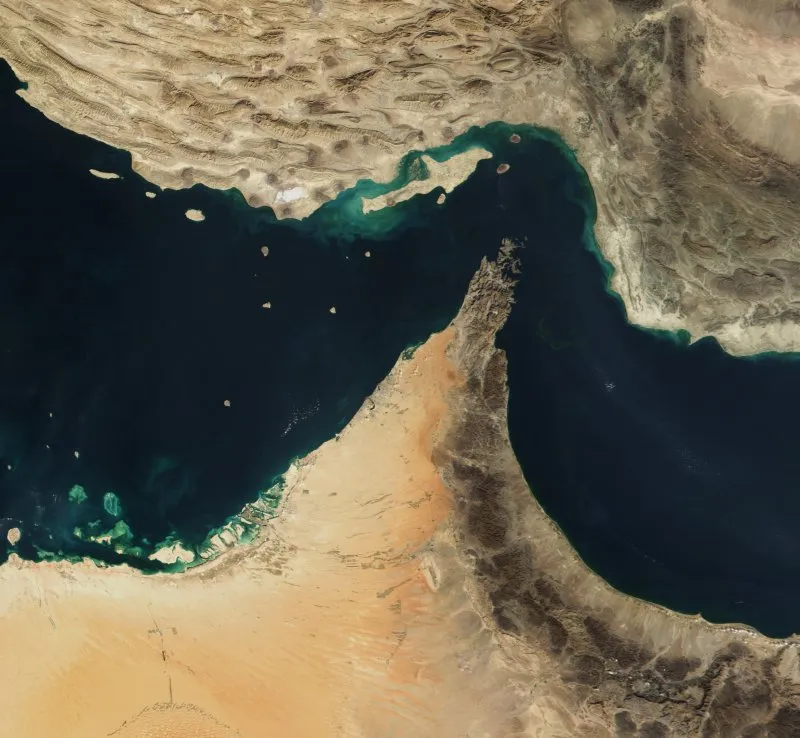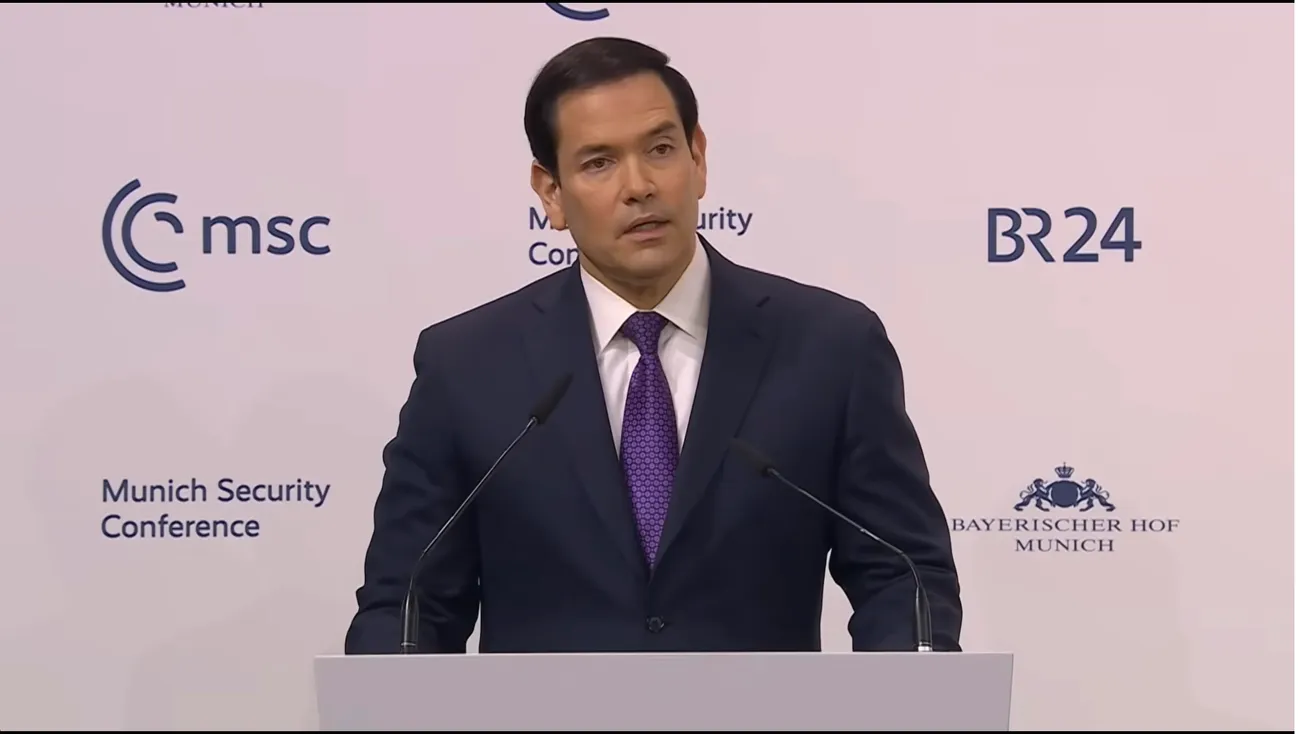Mukhtar Ablyazov, the fugitive Kazakh banker who has claimed that he steers the riots in Kazakhstan, has multiple ties to London and to the intelligence apparatus that ran Russiagate.
1. Ablyazov has claimed he is the leader of protests in Kazakhstan (see previous item).
2. Already on Dec. 16, 2021 the U.S. Embassy in Kazakhstan had warned that demonstrations planned by Ablyazov’s banned party, Democratic Choice of Kazakhstan (DVK or DCK), for noon that day could escalate into violence. The demos were planned for the capital city Nur-Sultan, and Almaty and Shymkent.
3. According to a BuzzFeed report of last year (https://www.buzzfeednews.com/article/albertonardelli/joseph-mifsud-stephan-roh-mukhtar-ablyazov), Ablyazov’s lawyer is the same Swiss-based Stephan Roh who is the attorney for Josef Mifsud, the notorious Maltese-British agent who tried to entrap Trump campaign worker George Papadopoulos in 2016, with help of Italian Democratic Party networks and the Italian government under Matteo Renzi. Indeed, BuzzFeed is usually not reliable, and Roh has denied any connection to Ablyazov, even threatening a lawsuit against BuzzFeed. However, BuzzFeed published their ostensible evidence of business relations between Roh and Ablyazov, and Roh did not actually initiate any legal action.
4. Mifsud’s involvement in Kazakhstan as a Blairite agent is to be found in Wikipedia. Under the heading “President of Kazakhstan,” the last paragraph reads: “Kazakhstan’s fifth presidential election was held on April 26, 2015. Nursultan Nazarbayev was re-elected with 97.7% of the vote. A total of 858 observers from 19 countries were present at the polling stations during the election. According to Joseph Mifsud, member of the election observation mission from Great Britain and head of the Diplomatic Academy of London, “the elections met all the EU standards.”
British modus operandi in Kazakhstan reminds one of the case of Libya. First, the British struck a deal with Qaddafi—in exchange for international rehabilitation after the Lockerbie case, the British were allowed penetration in Libya. At the right point, London pulled the plug, got rid of Qaddafi and plunged the country into war and chaos.





